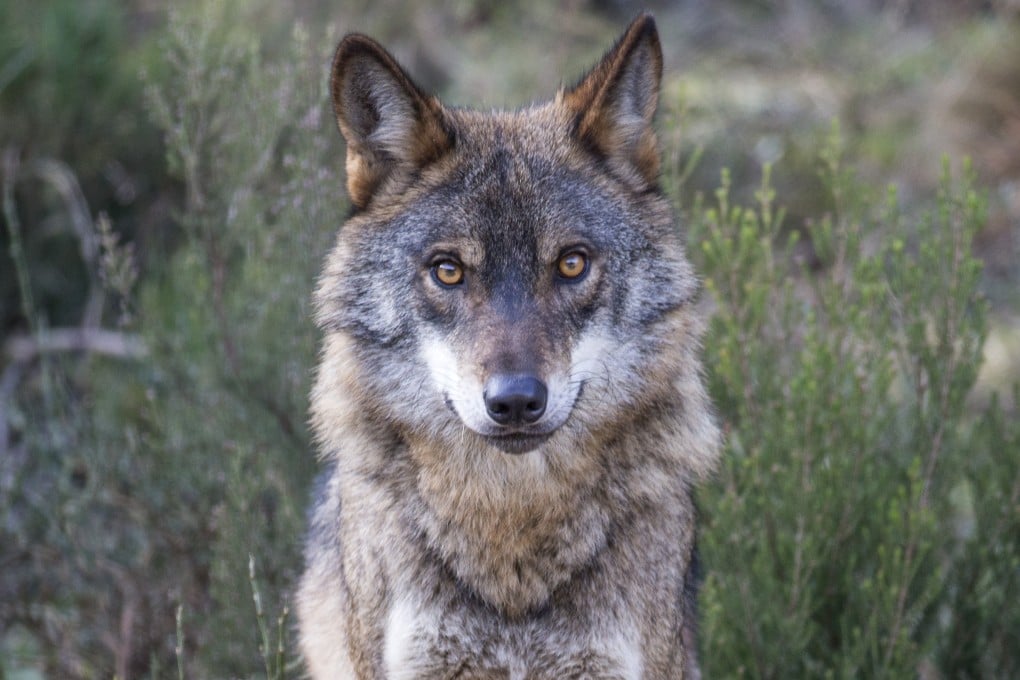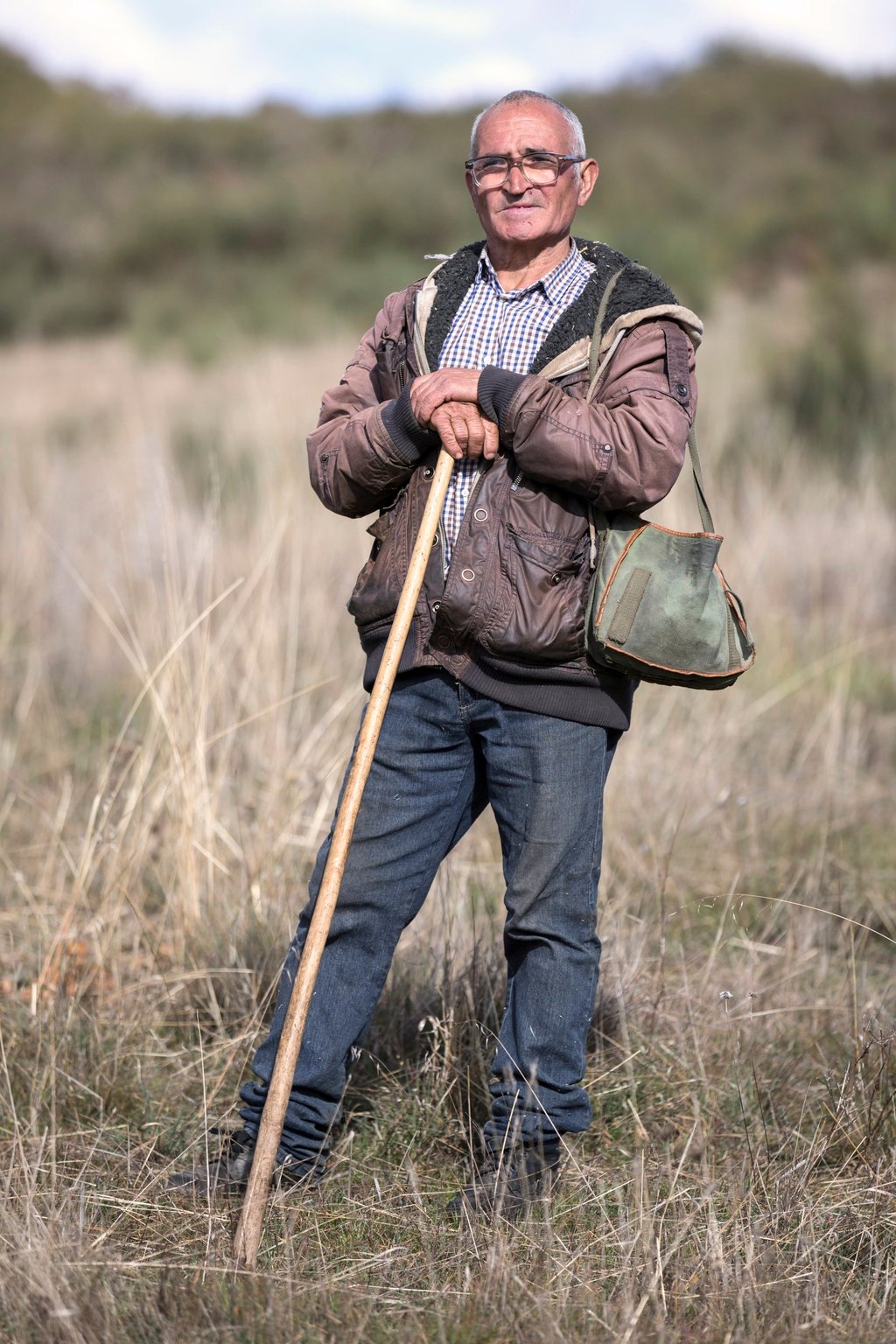‘Their future hangs in the balance’: can tourism save the Iberian wolf in Portugal?
- In rural northern Portugal, conservationists are helping farmers and locals coexist with the Iberian wolf as they tap the animal’s potential for nature tourism
- The main challenge is changing people’s mindset, but ‘live wolves are far more valuable than dead ones’, an expert says

Francisco Barrigão takes a break from minding his flock of distinctive, black-nosed churra galega bragança sheep, resting on his wooden staff in the mid-November sunshine.
Winter has come late to northeastern Portugal’s Montesinho Natural Park, and the weather is clear and warm. He smiles ruefully and rubs his sun-darkened pate when the conversation turns to wolves.
“Yes, they are here,” he says, sweeping his hand to indicate the gently rolling landscape. “A few weeks ago they took one of my rams. But I haven’t asked for compensation because neither my dogs nor I were there when the attack happened.”
The 65-year-old, who doubles as the local pastor, shrugs his shoulders. “These days wolf attacks don’t happen that often here. It’s important to be philosophical about such matters.”

In this part of the park, close to the small village of Guadramil, the Iberian wolf has an abundance of natural prey – populations of wild boar, red deer and roe deer are all healthy and increasing. Yet the wolf is also a great opportunist and rarely passes up an easy meal.
“Although natural levels of wild prey greatly reduce wolf attacks on sheep and cattle, this incident with Francisco’s flock shows the importance of shepherds and guard dogs,” says Lemuel Silva, a biologist who runs guided tours of the park focused on wolves, red deer and other iconic fauna.
